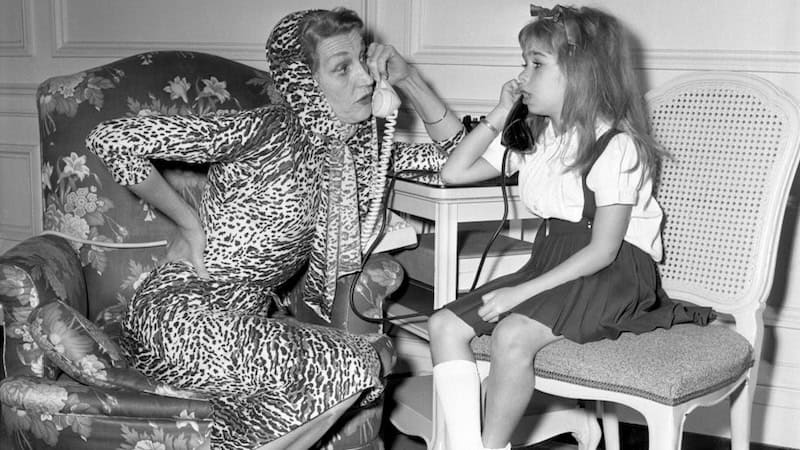Breaking News
Columnist and news anchor Gene Cox on how today's media sometimes gets it wrong
Breaking news is different from regular news, and often not as good. There is in television a constant rush to get the story on FIRST, though that has its consequences. Quite often the first reports are simply wrong. The demand to say something often causes silly things to be said.
(Sometimes, too, stations cry wolf. It seems everything they report is “Breaking News.” We are conditioned to listen, whether it’s really breaking or not. I sometimes see stations report an event that happened yesterday and call it breaking news.)
In 1970 the Marshall University football team was killed in a plane crash. Huntington, West Virginia, was in shock. The three local television stations did everything they could to report the devastating news. Even in a moment of tragedy there was the spirit of competition, who could do it best. But I remember a comment made by Boz Johnson, the legendary news director and anchor for WSAZ-TV. Johnson told me years later that on that horrible night WSAZ was the last station to read the names of the victims. But, he said, “We were the only station to have them all right.”
Recently CNN became the first media outlet to report the death of legendary Brazilian soccer star Pelé. Pelé himself objected because he wasn’t dead. CNN retracted the report.
PRIDE AND SHAME OVER THE NEWS
I am alternately proud and ashamed of what we do in TV news. There are some stories that demand television coverage, some which simply cannot be told adequately in a newspaper.
When the World Trade Center was attacked in 2001, Ellie and I were in a rental car driving in the north Scotland countryside. We heard about the news on the car radio, but if ever I wanted to see something and could not, it was that day. Back in the U.S. there was wall-to-wall coverage, but in remote Scotland there was nothing for us except the BBC on the car radio. We looked forward to each evening when at a bed and breakfast we could find a TV set and see what it actually looked like. Never has there been video like that. Days later when we were able to return home, we saw from the air the smoke still rising from Ground Zero.
Conversely, hard news is usually the territory for newspapers. Ellie and I are among the dwindling subscribers to the Times-Dispatch, because there is nothing as satisfying with morning coffee as a real newspaper spread on the kitchen table. The judgment of the newspaper is often better than that of television. Newspaper reporters and editors are prepared to deal with difficult issues. It is not uncommon for some television reporters to “steal” news from the paper; it is less common for it to be the other way.
AS SILLY AS IT IS …
But alas, times they are a-changing. Subscribers have to a considerable extent abandoned newspapers and now television to prowl the Internet for what interests them. Things change, and the way we learn of them changes.
Tonight when we watch the evening news it is likely we will see a reporter standing in front of something to give credibility to his report. He may be in front of a Supreme Court that was closed hours ago as if it makes sense for him to be there. Wherever it is, he will be on the scene of what he’s talking about, whether that scene is active or not. I have in years past written a report in the newsroom, then hurried to some place where the news was to report live, as if that made sense.
As silly as these things are, our reporting is better than anywhere else in the world. Nations that restrict access to news hold their people in the dark and control their thoughts.
I have no doubt that if those places allowed open expression, breaking news would become credible again. And the world would be a better place.
Gene Cox is former news anchor for WWBT-NBC 12 and co-anchor at ABC affiliate WRIC-TV8. Join Gene on Twitter at @genecoxrva.


